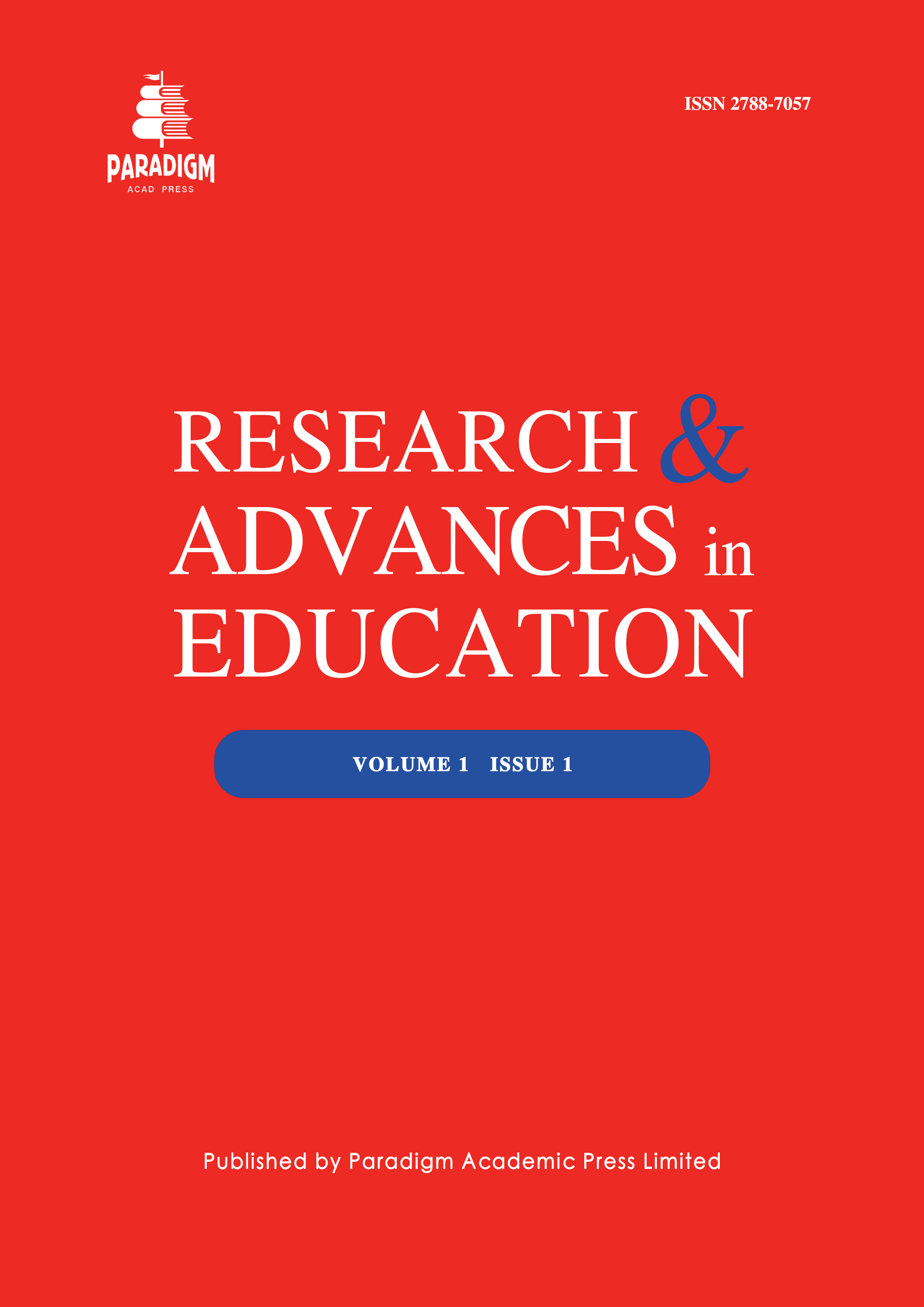The Role of Faculty in Designing Multicultural Curricula to Support International Student Adaptation
Keywords:
multicultural curriculum, inclusive education, higher educationAbstract
Canada’s higher education institutions have become a global hub for international students, fostering cultural diversity while presenting unique challenges related to adaptation and inclusion. This paper explores the pivotal role of faculty in designing multicultural curricula to address these challenges, enhance international student adaptation, and promote inclusivity. A multicultural curriculum integrates diverse cultural perspectives into academic content, enabling international students to feel validated and engaged while equipping domestic students with critical intercultural competencies. Faculty efforts to incorporate global viewpoints, adopt inclusive pedagogies, provide academic support, and foster intercultural competence are essential in creating supportive learning environments. The benefits of such curricula extend beyond individual student success, contributing to institutional reputation, fostering social cohesion, and preparing all students for success in an interconnected global society. By prioritizing multicultural curriculum design, Canadian universities can strengthen their leadership in equity, diversity, and global education. This paper underscores the importance of faculty initiatives in shaping inclusive educational practices that benefit both international and domestic students, ensuring a more equitable and globally conscious academic environment.


